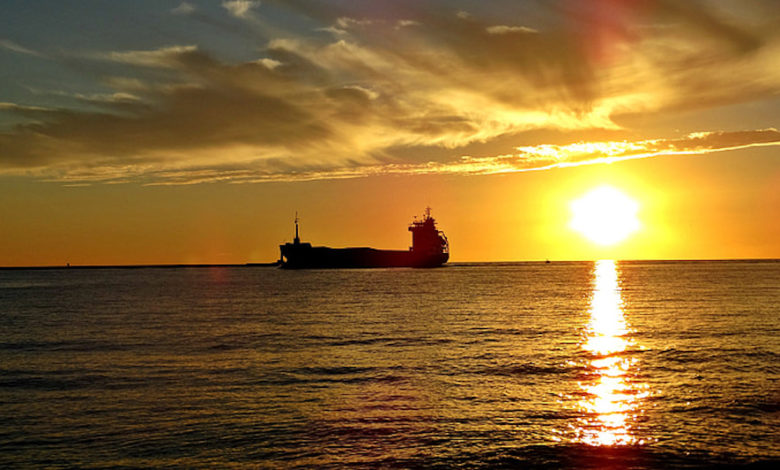Shipping returned from COP27 with renewed ambition – now what?

Bureau Veritas’ vice president for South Asia David Barrow reflects on transformative discussions at COP27, and on what shipping can do next to progress climate action, at IMO and beyond.
A significant outcome of COP27 for the maritime sector is that shipping is no longer just talking to shipping when it comes to decarbonisation. What was clear at Sharm el-Sheikh is that the world is becoming more aware that it needs shipping to achieve its net-zero ambitions, and that clean shipping can be the backbone of the sustainable supply chains of the future.
It was probably Katharine Palmer, the shipping lead for the UNFCCC’s High-Level Climate champions, who captured it best, calling for a whole systems approach, where global shipping can be a source of climate solutions and lead the way to a clean, resilient, and just zero-carbon world.
I was fortunate enough to sit on a panel with Katharine at the invitation of the Minderoo Foundation. I also spent nearly a week in the Blue Zone of COP27, taking the pulse of government and maritime stakeholders.
What struck me was the growing realisation in the industry that we can’t decarbonise shipping in isolation. A key focus of high-level discussions this year was on building a framework for resilience. For shipping, this requires a “big picture” approach where we work together across supply chains to develop the fuels and technologies that we need to decarbonise, but also the engines, bunkering facilities and storage and supply infrastructures needed to scale up these solutions. Such an approach is far-reaching, connecting customers, ports, ships, and new energy suppliers, for instance.
Another strong positive outcome of COP27 is the growing realisation that new fuels and technologies will not be enough to decarbonise shipping. We also need to focus on people and their development. Training will be a key (and often underestimated) component of shipping’s decarbonisation transition – and people must be at the heart of the next steps taken by the industry and regulators alike.
Beyond high-level political leaders, COP27 was also a story of numerous industry pioneers, including Fortescue Future Industries (FFI), who were there to discuss practical solutions to shipping’s sustainability challenge, and turbocharge innovation on green ammonia and hydrogen, for example.
As a classification society, it is our role to support industry pioneers as they drive innovation from the front. Class supports safe innovation, by verifying performance and understanding and developing responses to risk – so that we can move as fast as possible.
From a diplomatic perspective, perhaps COP27 has sent an important signal to other organisations, including the IMO. The reported breakthrough on ‘loss and damage’ has shown that breaking logjams is possible if there is political will to address complex problems on decarbonisation.
MEPC 79 next month will be crucial to build to MEPC 80, when IMO is set to adopt a revised strategy on greenhouse gas emissions and measures necessary to align industry with a 1.5 degree pathway. In the meantime, we need to work to capture all the efficiencies we can with the current fleet as well as working on ship technology and fuel solutions for tomorrow.

Talks are fine, but what is needed is action. In COP27, they have decided to come up with a ‘framework’. I presume that is going to take a good 10 years from now to get to action (that’s the way it usually happens, right?). But we are in a climate emergency where things got to be done right away. The problem seems to be political rather than technical, so I hope that the minds and hearts open up to give up some of their profits for the good of Earth and its inhabitants.